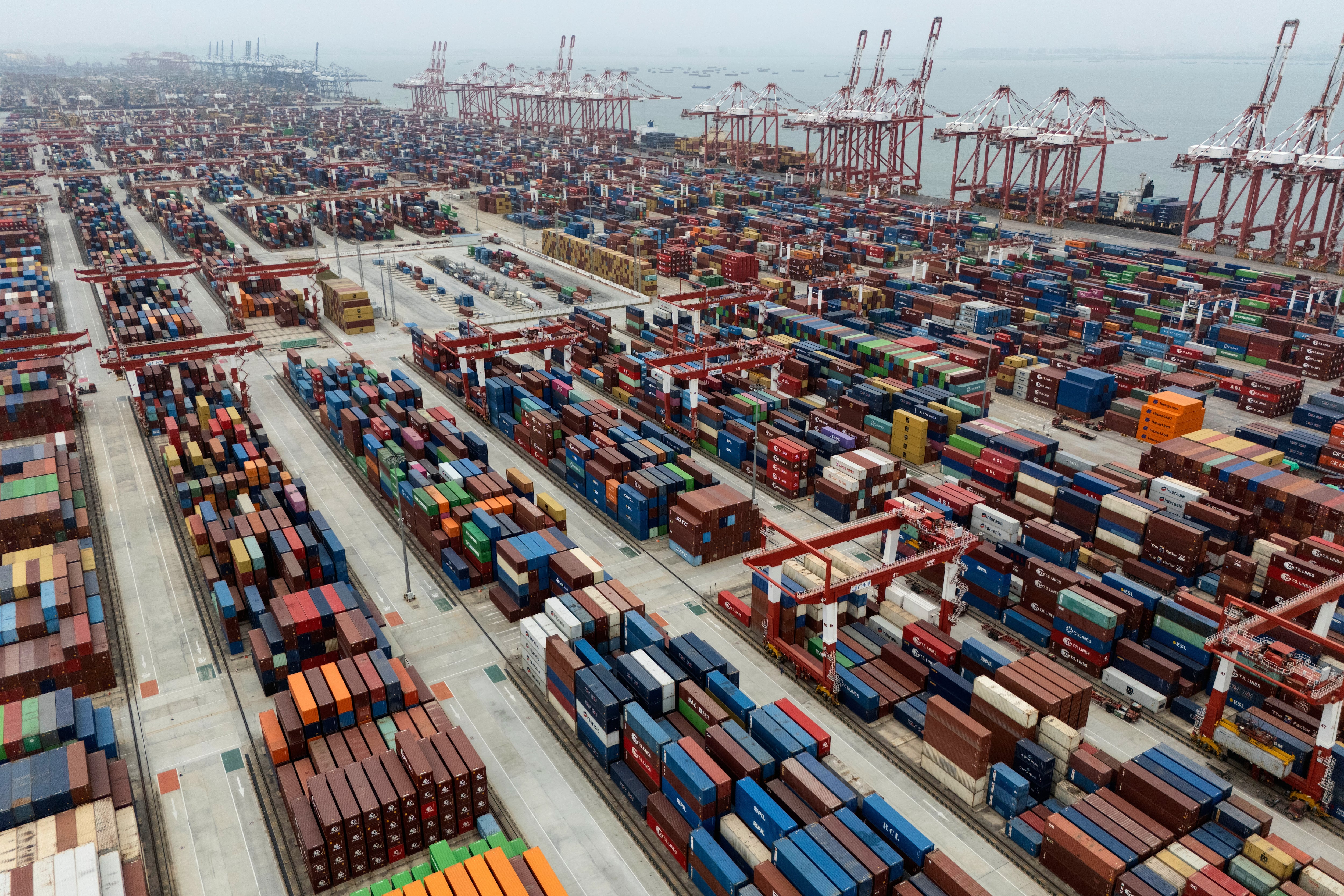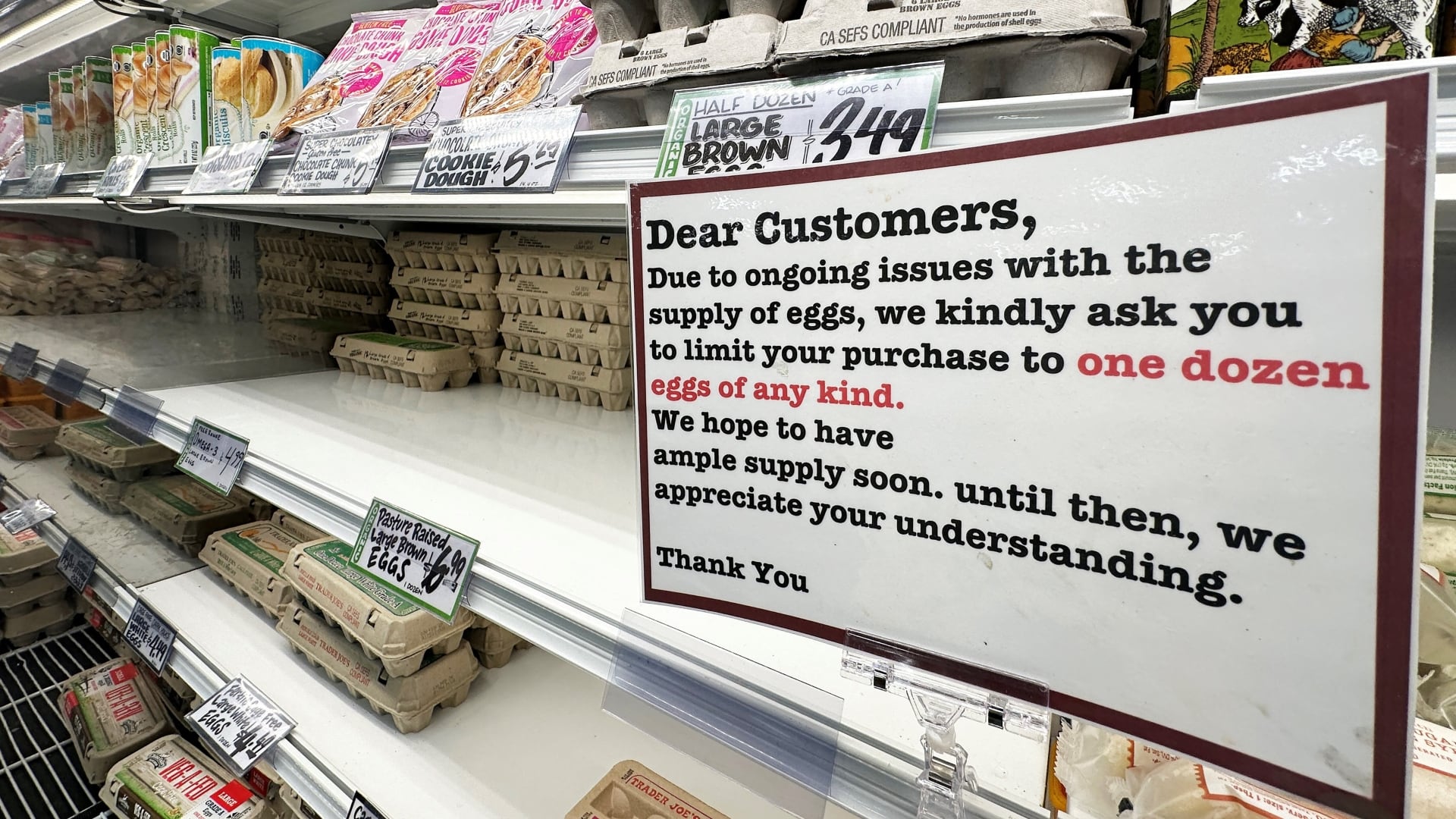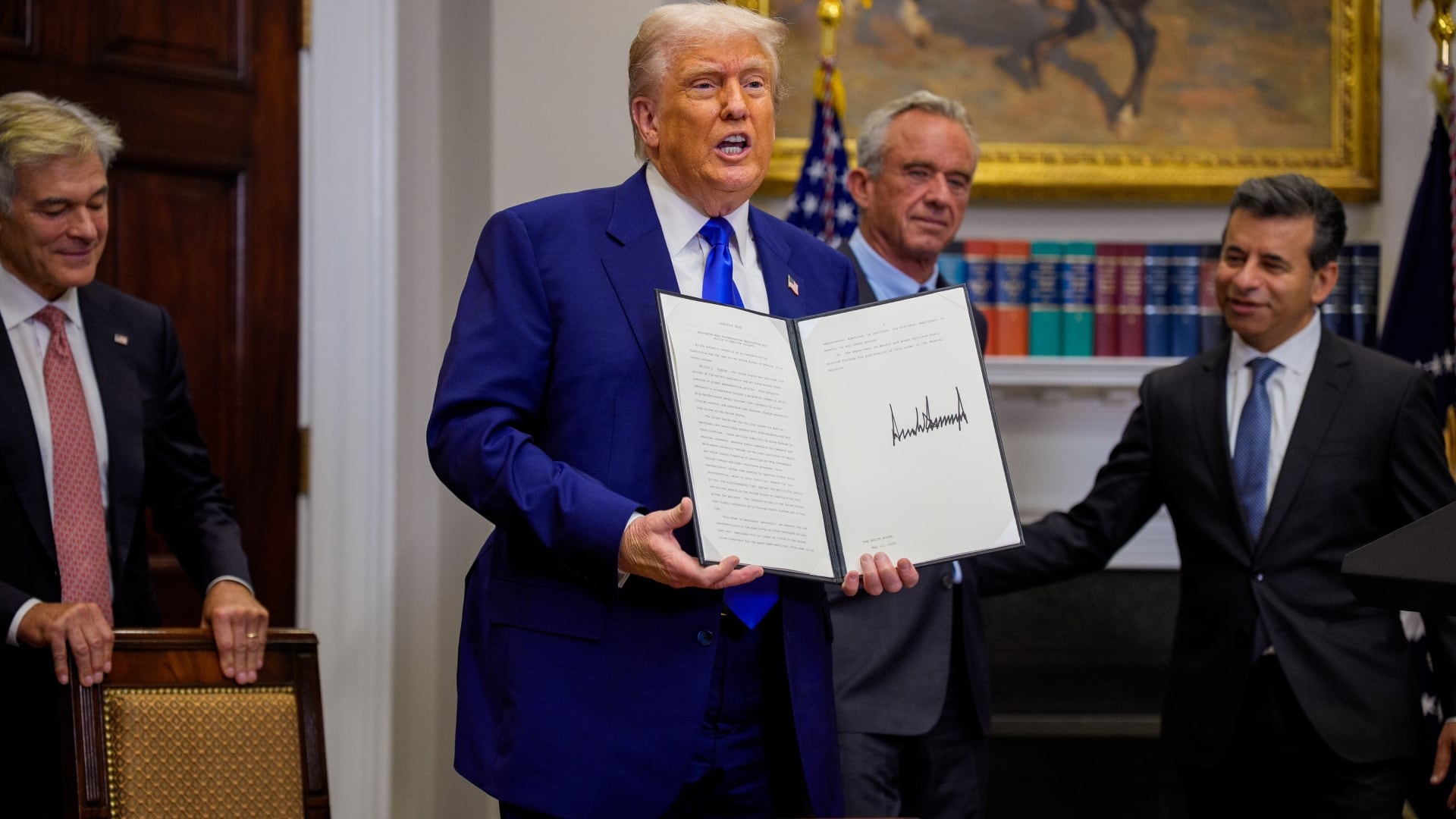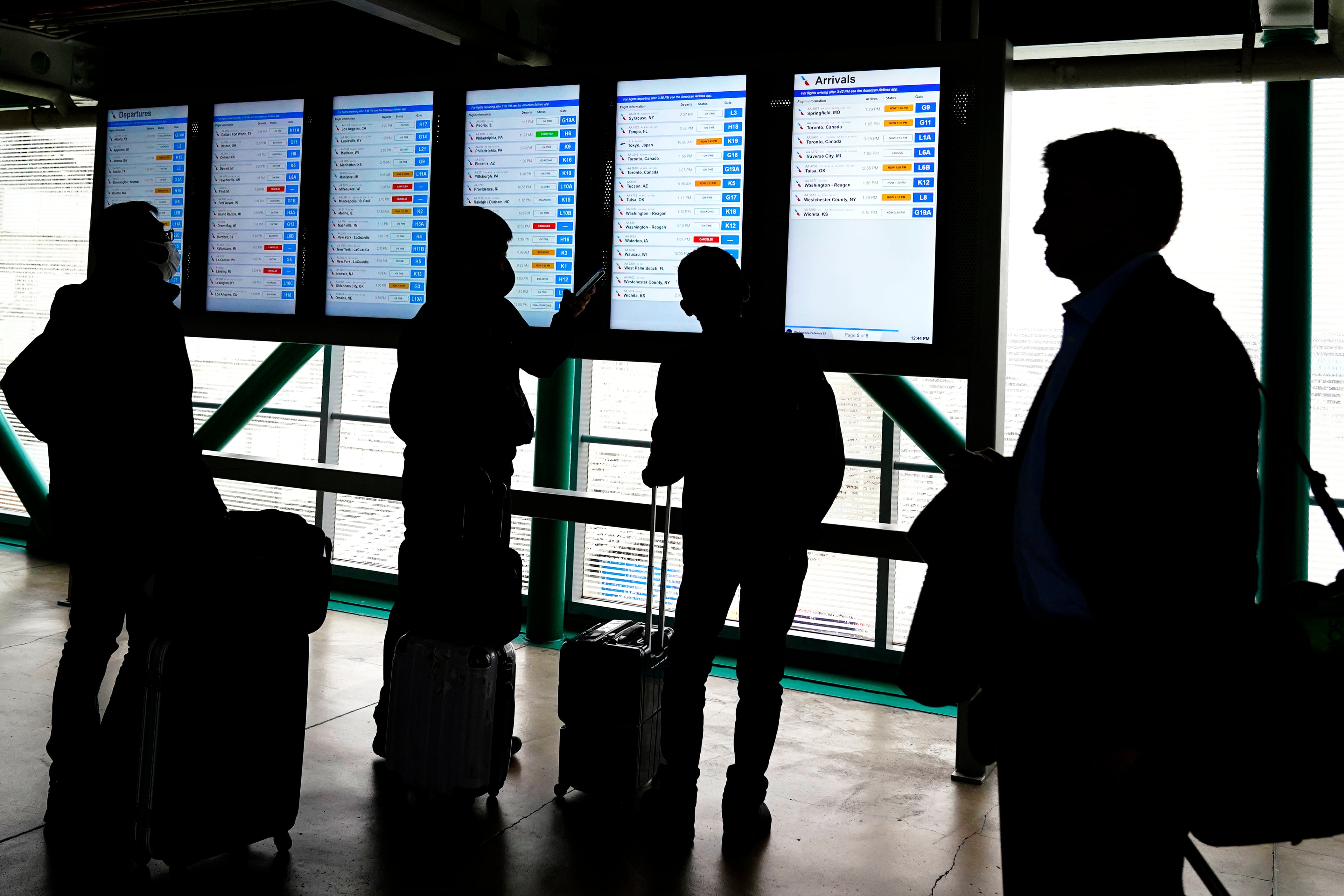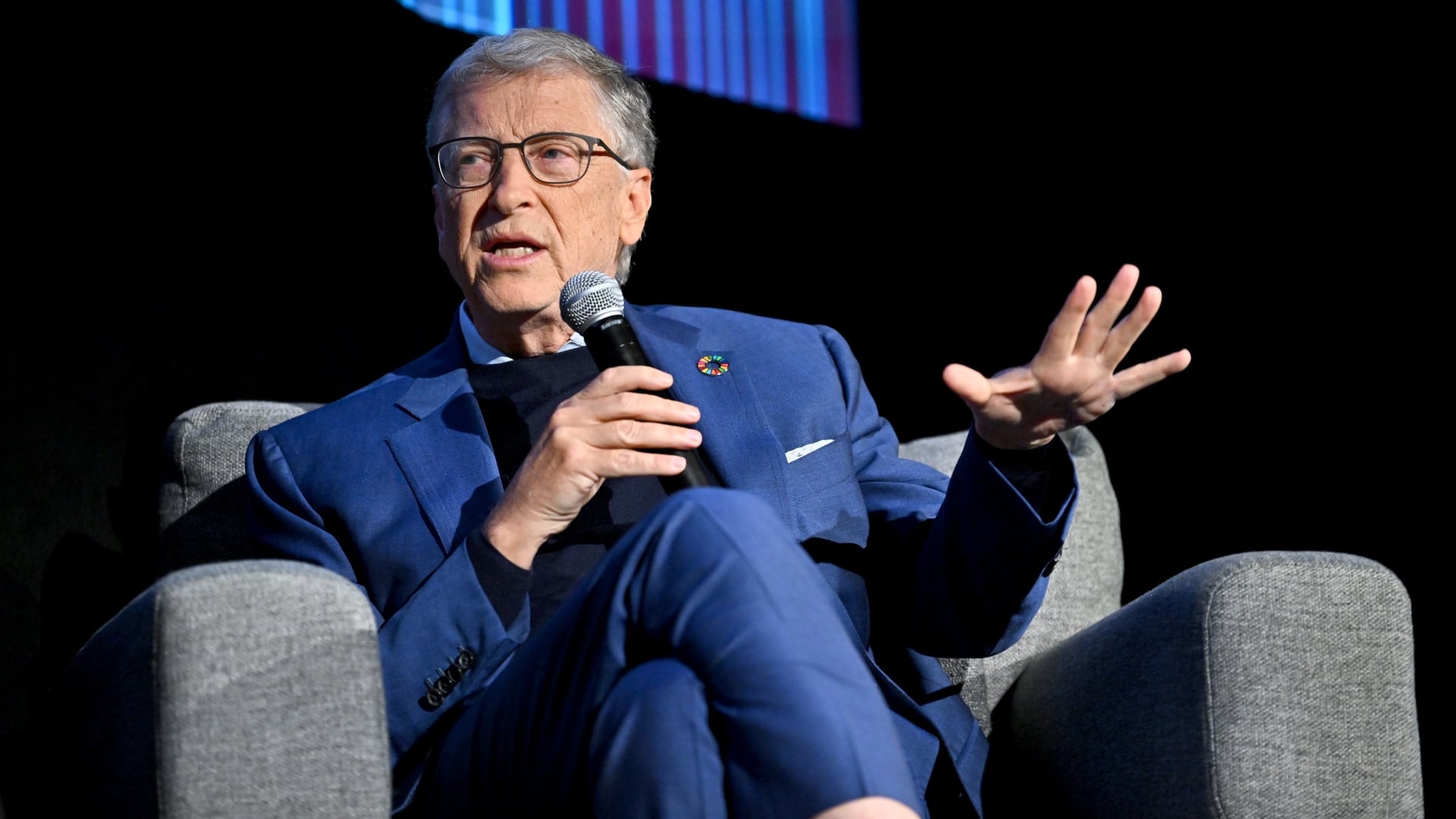Luxury goods giant LVMH is ending its takeover deal of jewelry retailer Tiffany & Co., saying the French government had requested a delay to assess the threat of proposed U.S. tariffs and amid wider industry troubles caused by the pandemic.
The Paris-based conglomerate said that both the French government and Tiffany had requested that the closing of the deal be postponed by a few months. The French government, it said, wanted to assess the impact of the possible U.S. tariffs on French goods.
As a result, LVMH said, the $14.5 billion deal that was scheduled to close Nov. 24 will be canceled.
Tiffany replied that it's suing to enforce the merger agreement, which was signed in November 2019. The New York company said LVMH's argument has no basis in French law. Tiffany also said that LVMH hasn't even attempted to seek the required antitrust approval from three jurisdictions.
Shares in Tiffany slid 9 percent in premarket trading in New York. Those in LVMH, which owns 75 brands including Christian Dior, Fendi, Givenchy, and Tag Heuer, were stable.
The deal's value came under strain during the coronavirus pandemic, which caused retail sales to plunge around the world. Tiffany's share price has been trading around $125 a share for weeks - below the $135 per share price that LVMH had agreed to pay last fall, before the pandemic.
Back then, industry experts had said the deal made sense. Tiffany, known for its delicate jewelry, distinctive blue boxes, and an Audrey Hepburn movie, had been trying to transform its brand to appeal to younger and more digital shoppers and could have used an owner with deep pockets to help expand.
LVMH, led by billionaire Bernard Arnault, had thought the deal would strengthen its position in high-end jewelry and in the U.S. market. LVMH was also making a bet on China's economy, where Tiffany had been expanding its presence.
The pandemic threw all those assumptions and plans in doubt, and the threat of new tariffs between the U.S. and Europe was cited as a further complicating issue.
Last year, France sought to impose a tax on global tech giants including Google, Amazon, and Facebook. The French tech tax is aimed at "establishing tax justice." France wants digital companies to pay their fair share of taxes in countries where they make money instead of using tax havens, and is pushing for an international agreement on the issue.
In response to the tech tax, the U.S. threatened to slap 100 percent tariffs on $2.4 billion of French products.
The two sides are at a tense truce as France has said it would delay collection of the digital tax until December, parking the issue until after the next U.S. presidential election where Trump hopes to secure another four-year term.
The French government did not immediately respond to a request for comment.

